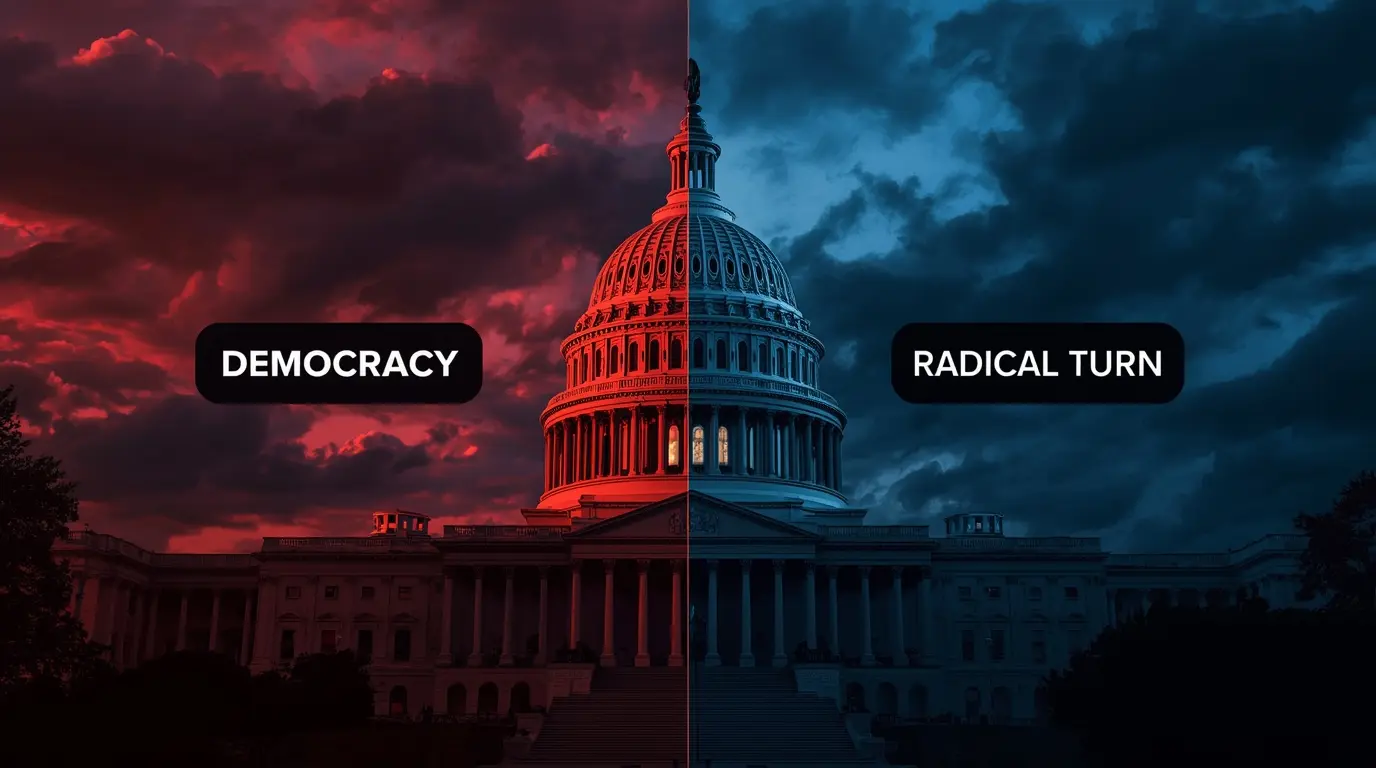Justice Department Will Not Defend Grants For Colleges Serving Hispanic Students Due To Constitutional Concerns
WASHINGTON D.C. – The U.S. Justice Department announced on Friday that it will not defend a longstanding grant program for Hispanic-serving colleges and universities, claiming some funding portions are unconstitutional. This decision threatens to change the landscape of federal funding for higher education.
Program Overview
Congress created the grant program in 1998 to help Hispanic students gain access to higher education and achieve academic milestones. Colleges and universities with at least 25% of their undergraduate students identifying as Hispanic can receive funding for infrastructure, science programs, student services, and other academic activities. There are over 500 colleges and universities in the United States with an HSI designation, including flagship universities like the University of Texas at Austin and the University of Arizona, as well as community colleges and smaller colleges. Congress funded the program with about $350 million in 2024, showing bipartisan support and highlighting equity in education. Former President Joe Biden prioritized HSIs by forming a presidential advisory board, while Trump kept funding and requested slight increases.
Legal Challenge
A Tennessee lawsuit filed in June argues that its public universities, which have large Hispanic populations, are disadvantaged by the “arbitrary ethnic threshold” of 25%, losing out on tens of millions in federal funding. The lawsuit is supported by Students for Fair Admissions (SFFA), known for challenging affirmative action policies in Harvard and UNC, leading to a 2023 ruling prohibiting consideration of race in admissions decisions.
The Decision of the Justice Department
On July 25, Congress was notified by Speaker of the House Mike Johnson that the DOJ would not defend the program. Solicitor General John Sauer cited the 2023 Supreme Court ruling stating “outright racial balancing” was unconstitutional. The DOJ traditionally has the right to refuse to defend federal statutes if doing so would violate the Constitution, as seen in previous cases involving the Defense of Marriage Act and sections of the Affordable Care Act.
Reactions from Stakeholders
The Hispanic Association of Colleges and Universities (HACU) has sought to intervene, citing concern that the federal government would not protect HSI interests. HACU emphasized that HSIs educate roughly two-thirds of Latino undergraduates and highlighted that these institutions admit students of every race. Grants help balance inequities by supporting underfunded and underrepresented populations.
Political and Legal Context
The DOJ’s refusal is part of a broader effort to contest policies implemented along racial or ethnic lines. Republican lawmakers and conservative groups have opposed federal aid for minority groups, citing equal protection clause concerns. Democratic leaders, civil rights activists, and educational organizations warn that removing such programs will deepen inequities for Latino students in higher education.
The Path Forward
HACU and other parties are likely to assume responsibility in court. Should the program be successfully challenged, critical federal funding for infrastructure, academic programs, and student services will be lost. Colleges may need alternative funding sources, driving up tuition or curtailing services. The decision could affect other minority-serving programs, including historically Black and tribal colleges and universities.
Broader Implications
The case underscores ongoing debates in American higher education regarding how to address historical inequities. Some support HSI grants to assist underrepresented groups, while others oppose using race as a selection criterion. HACU stresses that the grants are essential for educational equity, bridging gaps in college attainment rates among Latino students.
Conclusion
The DOJ’s decision not to defend the HSI grant program sets the stage for a prolonged legal conflict over federal funding for minority-serving colleges. With HACU’s involvement and potential appeals, this case could reshape federal support for educational opportunities for minorities and highlight ongoing challenges in balancing equity, access, and constitutional requirements in the U.S. higher education system.
Stay updated with reliable news:
Sports: Sport Flash HQ
Business: Biz Rush
Weather: The Climate Post
Travel: Neon Report
US Local: 24 Hour Bulletin
India Finance: The Lucky Ledger
General: The Chrono Post



